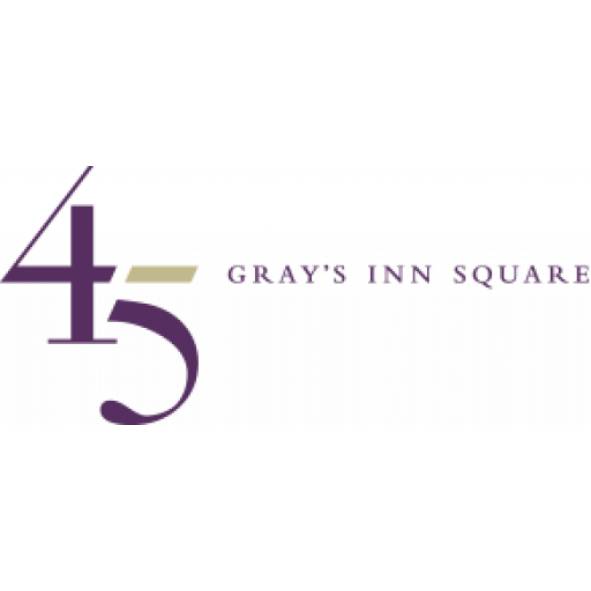Almost nine months have passed since R (Ncube) v Brighton and Hove [2021] EWHC 578 confirmed the statutory basis for the much lauded ‘Everyone In’ policy adopted in response to the Covid-19 pandemic. Since then, there have been a series of confused reports as to whether and to what extent the scheme has continued as the threat posed by the pandemic has evolved and successor schemes (including the ‘Next Steps’ and ‘Protect’ initiatives) have been announced. In July 2021 the Ministry of Housing, Communities, and Local Government sought to address this, confirming that ‘the work of Everyone In is ongoing’ in a press statement in response to reports that central government had instructed local authorities the scheme was ending. However, this confirmation has not necessarily been matched with funding for local authorities actually responsible for delivery. As the UK heads back into winter and the government refuses to rule out a return to lockdown in response to the ‘Omicron’ variant, three forthcoming judicial review cases will consider the operation of the scheme by both central and local government.
The first, R (ZLL) v Secretary of State for Housing Communities and Local Government, challenges central government’s policy and messaging around ‘Everyone In’ on two grounds: firstly on the ground of a lack of transparency, on the basis that the government appears to have adopted an ‘unpublished policy’ which deviated from its publicly stated position that no-one should be on the street during the pandemic; and secondly on the ground of failure to consult properly (for example with Shelter and other homelessness charities and non-governmental organisations) when taking the decision to bring the policy to an end. This case has been listed for hearing in December 2021. The second, R (ZLL) v Camden challenges a policy adopted by the London Borough of Camden in early 2021 of requiring rough sleepers to be ‘verified’ as street homeless by outreach workers before any assistance would be offered by the authority under ‘Everyone In’. This case has been listed for hearing in early 2022. Finally, R (Cort) v Lambeth challenges the operation of the ‘Everyone In’ scheme by the London Borough of Lambeth on the ground that the discretion under s. 138 Local Government Act 1972 and s. 2B NHS Act 2006 was exercised arbitrarily and without regard to public health guidance given by central government. This case has been listed for hearing in February 2022.
It is to be hoped that between them the three cases will provide further clarity around the operation of the ‘Everyone In’ scheme. The issues raised also potentially have wider implications for the lawful operation of any successor scheme and other emergency schemes operated under s. 138 of the 1972 Act and / or s. 2B of the 2006 Act.




